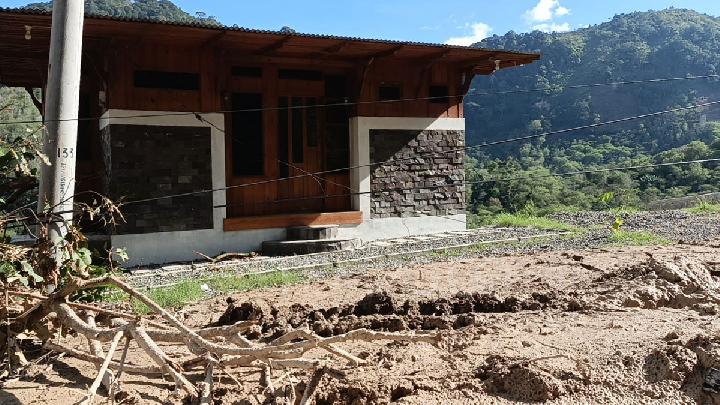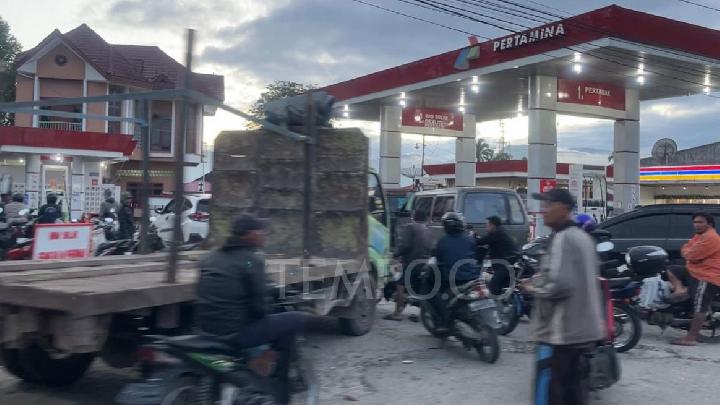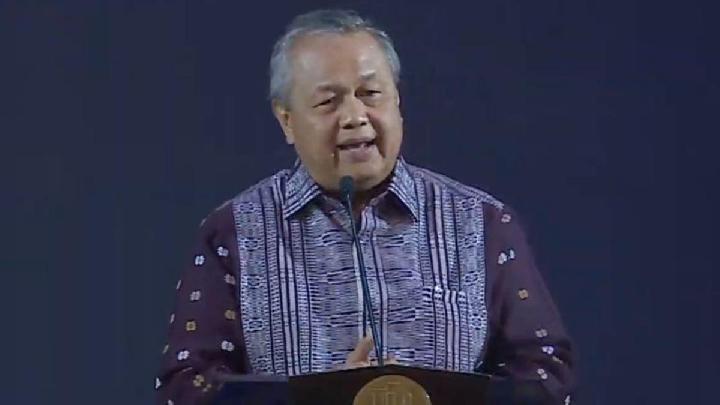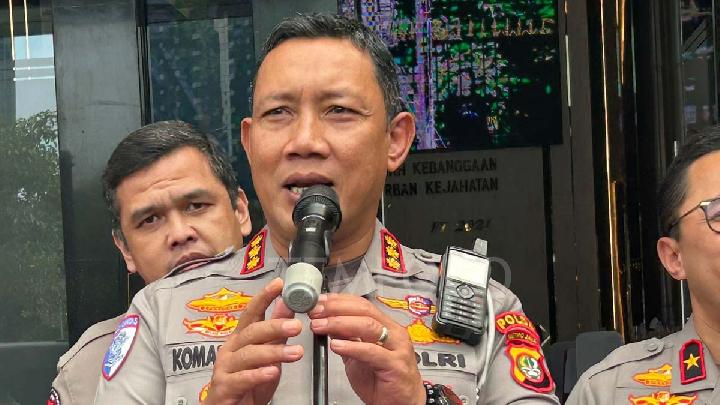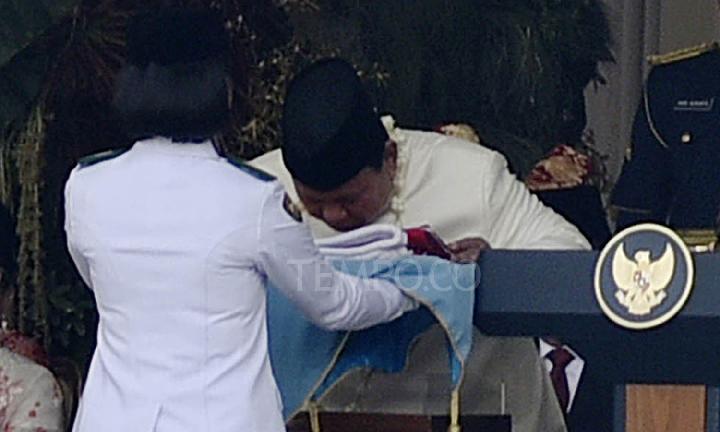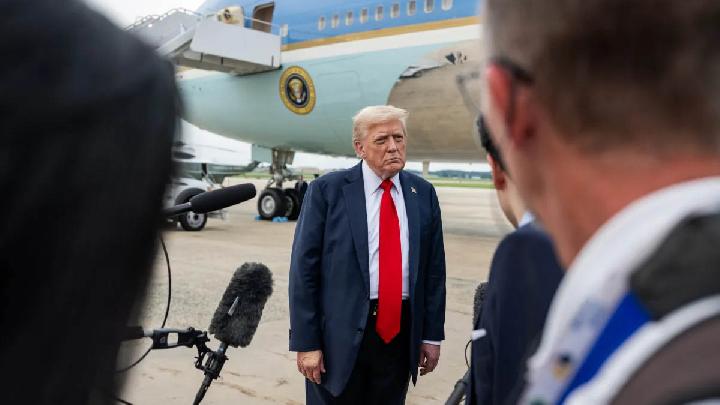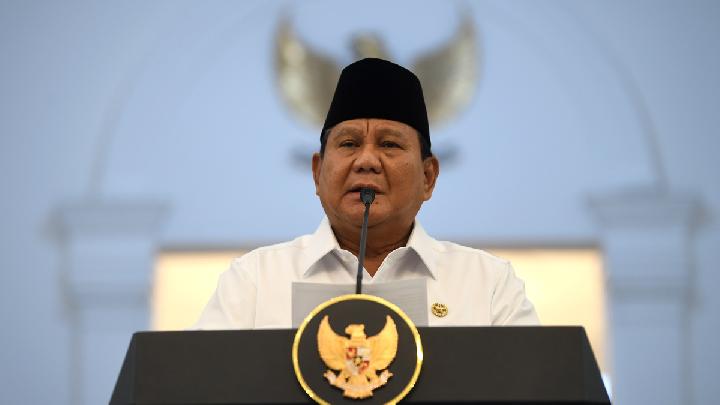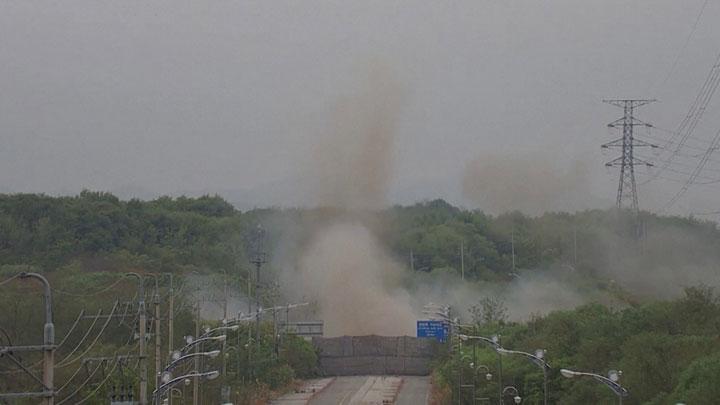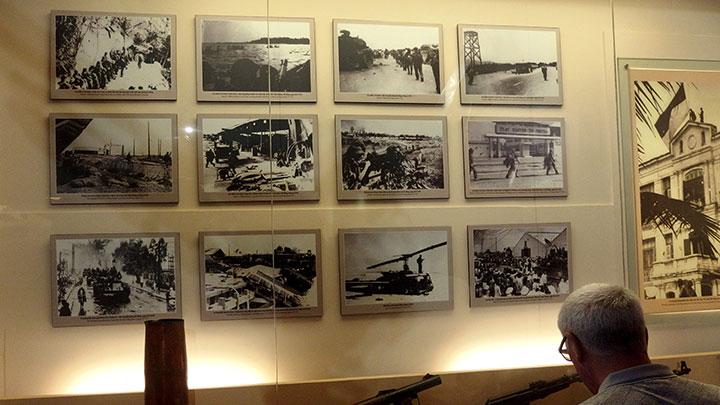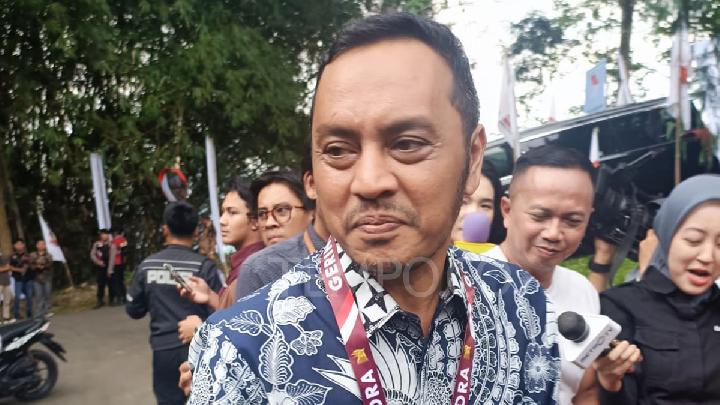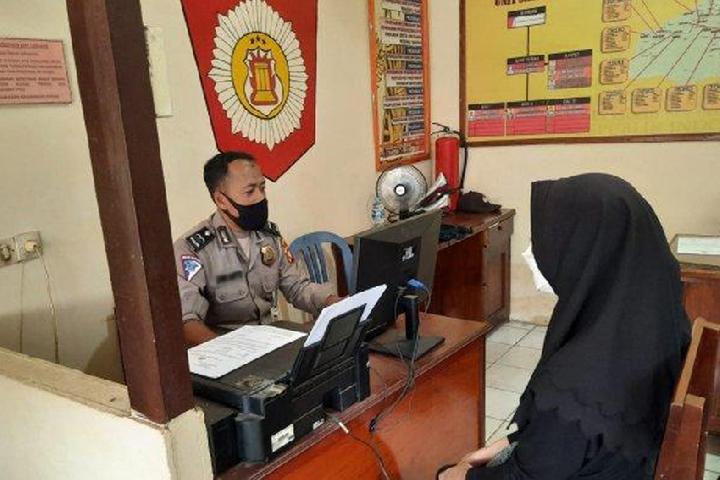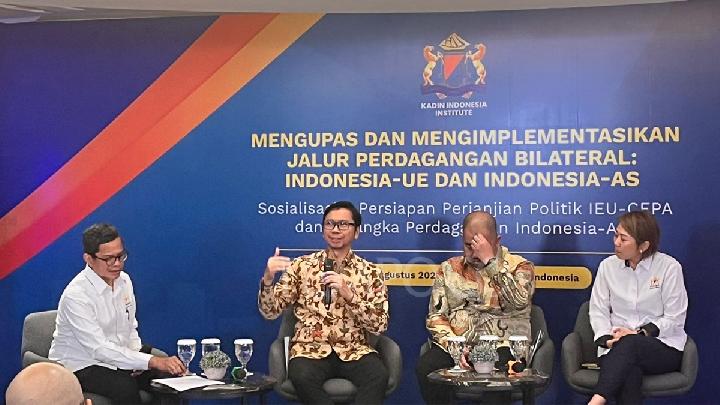TEMPO.CO, Jakarta - After World War II, the United Nations Security Council (UNSC) was established with a primary objective to maintain international peace and security. One of the key mechanisms outlined in the UN Charter is the veto power.
According to UN archives, this power emerged from the agreements at the Dumbarton Oaks Conference in 1944 and the Yalta Conference in 1945. At that time, the Allied leaders wanted to ensure their dominant role in preventing a new world war. During the San Francisco Conference in 1945, the veto power was eventually institutionalized as part of the Charter.
Article 27 of the UN Charter states that decisions on substantive matters require nine affirmative votes out of 15 members, including the concurring votes of the five permanent members (referred to as the Permanent Five or P5), which are the United States, Russia (formerly the Soviet Union), China, France, and the United Kingdom.
This means that a single dissenting vote from a permanent member is sufficient to block a resolution.
Since 1945, the veto power has been used over 300 times. According to the Security Council Report, the Soviet Union used it most frequently at the beginning of the Cold War, while the United States has vetoed the most resolutions related to the Israel-Palestine conflict.
The rivalry between the United States and the Soviet Union dominated the early decades of the UNSC. The Soviet Union often blocked the entry of supposed pro-Western countries. Conversely, the United States frequently vetoed draft resolutions that pressured Israel, leading to repeated deadlocks in the Council.
Palestine and UN Membership
Palestine's effort to become a full member of the UN is often blocked by a UNSC veto. As quoted from an official UN report, on April 18, 2024, a draft resolution submitted by Algeria failed after the United States exercised its veto power.
Of the 15 Council members, 12 backed the resolution, while the United Kingdom and Switzerland abstained. The resolution would have recommended to the General Assembly the admission of Palestine as a UN member. But the US veto rendered the draft ineffective.
Series of US Vetoes on Gaza Ceasefire
The United States has several times blocked efforts for a ceasefire in Gaza. According to a UN report, one instance occurred on November 21, 2024, when the US vetoed a draft resolution calling for an "immediate, unconditional, and permanent ceasefire."
The other fourteen members of the UNSC backed the resolution.
A similar situation occurred a year later. As reported by CNA, on September 18, 2025, the United States again vetoed a ceasefire resolution. The resolution, crafted by ten non-permanent members, demanded an end to the war, full respect for the ceasefire, and the release of hostages. This marked the sixth US veto since the Israel-Hamas war erupted nearly two years prior.
Russian and Chinese Vetoes in Syria
Deadlocks also arose in the Syrian Conflict. According to a UN report, from 2011 to 2024, Russia and China vetoed more than 15 resolutions related to the Syrian conflict. The blocked drafts encompassed issues of human rights violations, the use of chemical weapons, and calls for a ceasefire.
Iran's Nuclear Dispute
As reported by Fox News, on September 26, 2025, a draft resolution proposed by China and Russia to extend the relaxation of Iran's sanctions for six months failed to be adopted. Only four countries, namely Algeria, China, Pakistan, and Russia, supported the draft.
Nine countries opposed it, including the United States, the United Kingdom, and France. Guyana and South Korea abstained. This failure occurred after the UK, France, and Germany activated the "snapback" mechanism, automatically reinstating sanctions against Iran.
Russia-Ukraine War
The veto power also sparked divisions in the West. According to a report from NPR, on February 24, 2025, the UN General Assembly adopted two resolutions asserting Russia as the aggressor in the Ukraine invasion.
However, the United States rejected the European draft alongside Russia. Washington then abstained from its own resolution after it was successfully amended by European countries. This move reflected a change in the United States' policy under President Donald Trump.
Apartheid in South Africa
Based on an EBSCO report, on October 31, 1977, the Security Council agreed to condemn the violence against black opposition in South Africa. However, the African bloc subsequently presented an additional resolution demanding extensive economic sanctions, including investment bans, nuclear cooperation cessation, and an arms embargo.
The United States, the United Kingdom, and France vetoed the resolution. They argued that they still wanted to use political and economic influence to pressure the apartheid government. Nonetheless, on November 4, 1977, the Council finally approved a mandatory arms embargo against South Africa. The then UN Secretary-General Kurt Waldheim referred to this decision as a historic step.
Editor’s Choice: Is the United Nations Still Fit for Purpose?
Click here to get the latest news updates from Tempo on Google News





